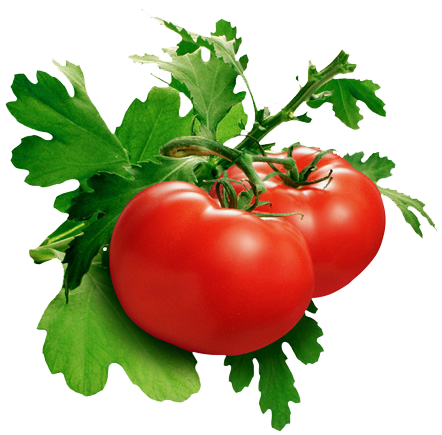
A little about the Marathon from Wikipedia:
“The present Paris Marathon dates from 1976. It is normally held on a Sunday in April and is limited to 37,000 runners. It is organised by the Amaury Sport Organisation. It is notable for the attractive route through the heart of the city of Paris, and for the food and drinks stations which include wine, beer, cider and oysters. It is also known for lack of crowd support, especially through the final miles around the Bois de Boulogne.
The race starts on the Avenue des Champs-Élysées going downhill to circle round the Place de la Concorde before turning right onto Rue de Rivoli. The route passes the Louvre, then goes round the Place de la Bastille, and down Boulevard Soult to the Bois de Vincennes. A long loop of the Bois de Vincennes returns the route into the heart of Paris. The halfway point is reached at Rue de Charenton. The route now follows the course of the Seine, passing Île de la Cité and going under the Pont Neuf, then a series of tunnels. There is a large drinks station and foot massage at Trocadéro, opposite the Eiffel Tower. The route continues along the Seine, before branching off east to eventually pass though Bois de Boulogne, emerging for the final 200 metres and the finish on the Avenue Foch.”

From Adventure Marathons:
“Every year in April, 35,000 runners crowd the streets of Paris in the annual Marathon de Paris – or Paris International Marathon. This event, in the form that it appears in today, has been happening ever since 1977, and the next time is on Sunday, April 11, 2010.
The first time a marathon was run in Paris was as early as 1896 over the at that time official distance of 40 km. Present day's Paris Marathon is limited to 37,000 entrants, and the maximum is reached almost every year - usually as early as six months before marathon day. But it is not enough to send your registration off in time. Before your entrance is submitted, you need a medical certificate affirming your physical fitness.
Throughout the marathon runners get a good view of the magnificent city and some of its famous sights. The course starts out right in front of the Triumphal Arch and continues down the broad Champs Elysées. The route passes through two Parisian woods and past fabulous landmarks such as the Eiffel Tower, Notre Dame Cathedral and Place de la Bastille. A large part of the course runs along the banks of the calmly flowing Seine River providing pleasing scenery and ensuring flat streets at the same time. The wide avenues at the start prevents overcrowding, and the overall flatness of the course makes it fairly fast. PB setting is definitely an option.
If the historic city, the world famous sites and the peaceful, shady parks don’t quite do it for you, you can count on the 250,000 onlookers and the 70 music scenes to keep you going. And if that isn’t enough, you can always look forward to the red wine and cheese served at the 35th km – apparently, the organisers want you to be absolutely sure that you’re in France.
If a 42 km jog on the Parisian asphalt doesn’t sound like your favourite pastime but you still want a chance to run this beautiful city and experience the intense atmosphere of a marathon, you can do the 5.2 km Breakfast Race on race day. Or – if you’re really tough – use the race as a warm-up for the marathon. The Breakfast Race course will take you past the Eiffel Tower, the imposing Trocadéro and almost up to the Triumphal Arch. “There is also the possibility of a half marathon, if you plan your trip to Paris in March. The 1/2 marathon shares most of its course with the full marathon.

